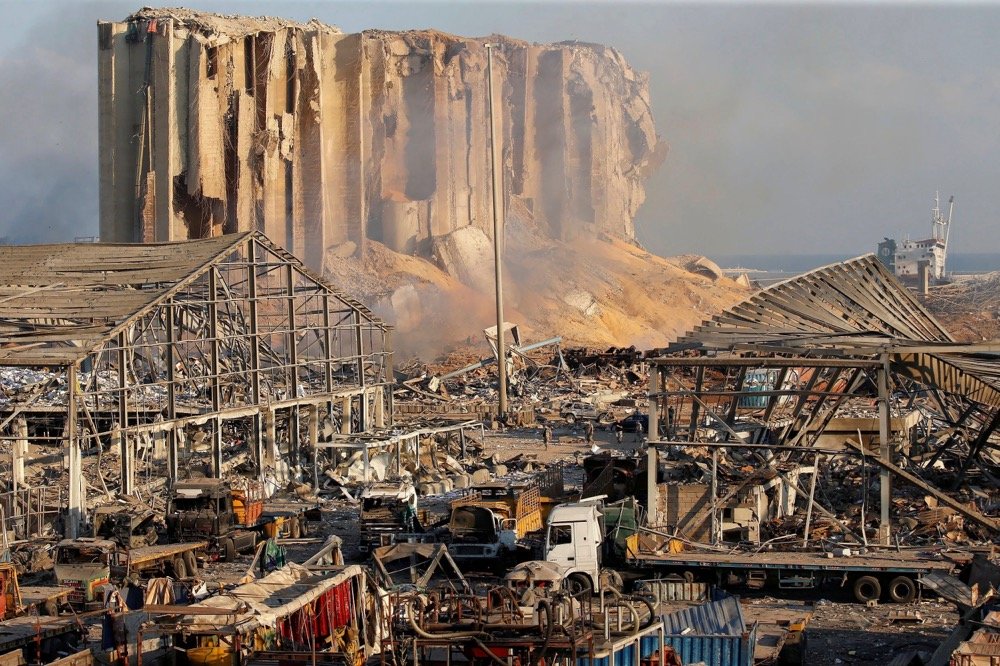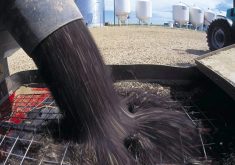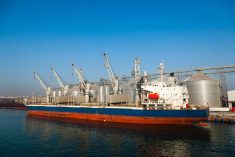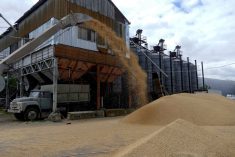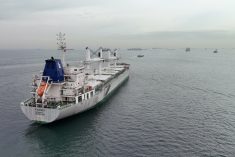Beirut/Dubai | Reuters — Lebanon’s main grain silo at Beirut port was destroyed in a blast, leaving the nation with less than a month’s reserves of the grain but enough flour to avoid a crisis, the economy minister said on Wednesday.
Raoul Nehme told Reuters a day after Tuesday’s devastating explosion that Lebanon needed reserves for at least three months to ensure food security and was looking at other storage areas.
The explosion was the most powerful ever to rip through Beirut, a city torn apart by civil war three decades ago. The economy was already in meltdown before the blast, slowing grain imports as the nation struggled to find hard currency for purchases.
Read Also
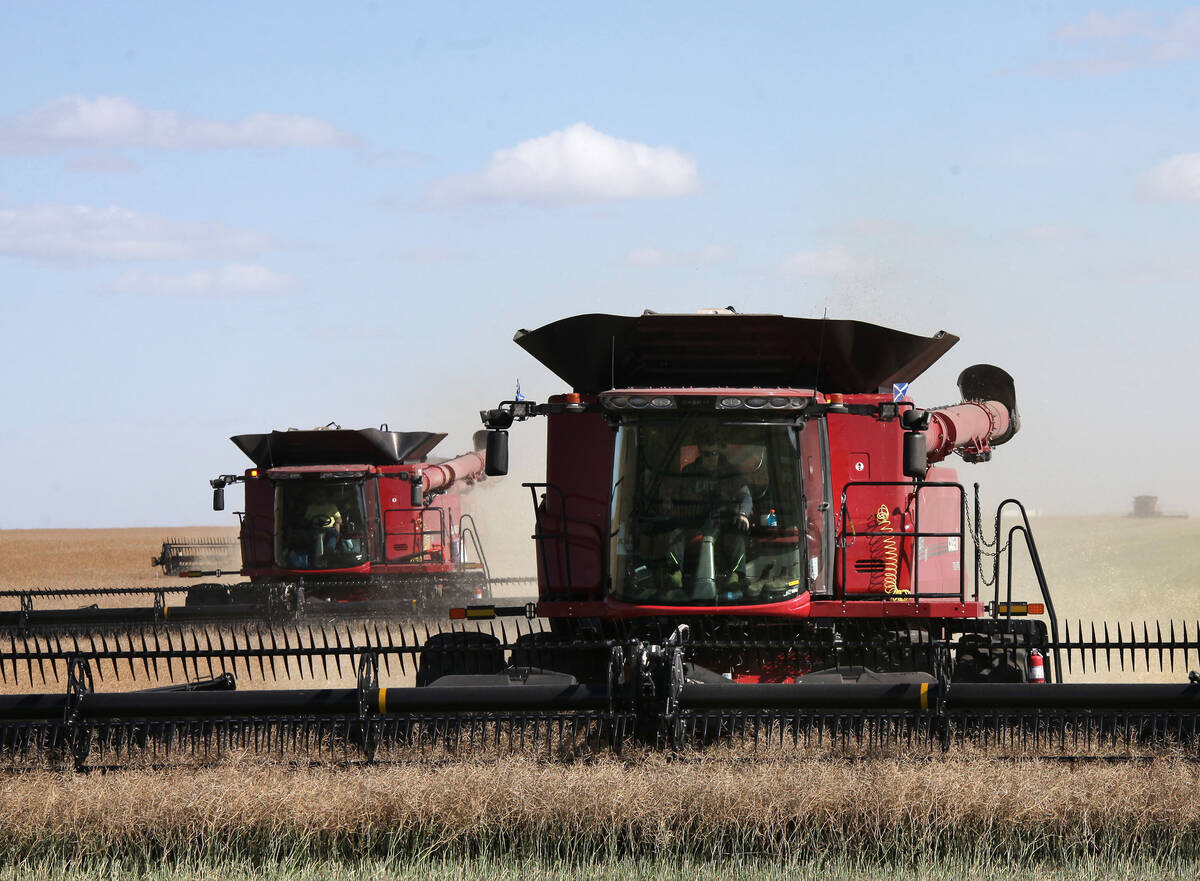
Notable changes in exports to China, India
China and India figured prominently in the September export data issued by the Canadian Grain Commission on Nov. 7. For the most part, the CGC’s numbers highlighted issues with grain, oilseed and pulse exports from licensed facilities to those countries.
“There is no bread or flour crisis,” the minister said. “We have enough inventory and boats on their way to cover the needs of Lebanon on the long term.”
He said grain reserves in Lebanon’s remaining silos stood at “a bit less than a month” but said the destroyed silos had only held 15,000 tonnes of the grain at the time, much less than capacity which one official put at 120,000 tonnes.
Beirut’s port district was a mangled wreck, disabling the main entry point for imports to feed a nation of more than six million people.
Ahmed Tamer, the director of Tripoli port, Lebanon’s second biggest facility, said his port did not have grain storage but cargoes could be taken to warehouses two km away.
Alongside Tripoli, the ports of Saida, Selaata and Jiyeh were also equipped to handle grain, the economy minister said.
“We fear there will be a huge supply chain problem, unless there is an international consensus to save us,” said Hani Bohsali, head of the importers’ syndicate.
U.N. agencies are meeting on Wednesday to coordinate relief efforts for Beirut, Tamara al-Rifai, a spokeswoman for the Palestinian refugee agency UNRWA, told Reuters from Amman.
“People are extremely poor, it’s increasingly difficult for anyone to buy food and the fact that Beirut is the largest port in Lebanon makes it a very bad situation,” she said. “We are looking at Tripoli, but it is a much smaller port.”
Reserves of flour were sufficient to cover market needs for a month and a half and there were four ships carrying 28,000 tonnes of wheat heading to Lebanon, Ahmed Hattit, the head of the wheat importers union, told Al-Akhbar newspaper.
Lebanon is trying to transfer immediately four vessels carrying 25,000 tonnes of flour to the port in Tripoli, one official told LBCI news channel.
An Egyptian-operated ship was unloading 5,000 tonnes of Ukrainian wheat at the port at the time of the blast, but the cargo is “in good condition,” the shipping company’s operations director told Reuters Wednesday.
Two Syrian crew members aboard the Mero Star were seriously injured in the blast and others were wounded, Farid Hashem said.
— Reporting for Reuters by Ellen Francis, Tom Perry and Dahlia Nehme in Beirut, Maha El Dahan in Dubai and Nadine Awadalla in Cairo, additional reporting by Jonathan Saul in London and Stephen Farrell in Jerusalem.



